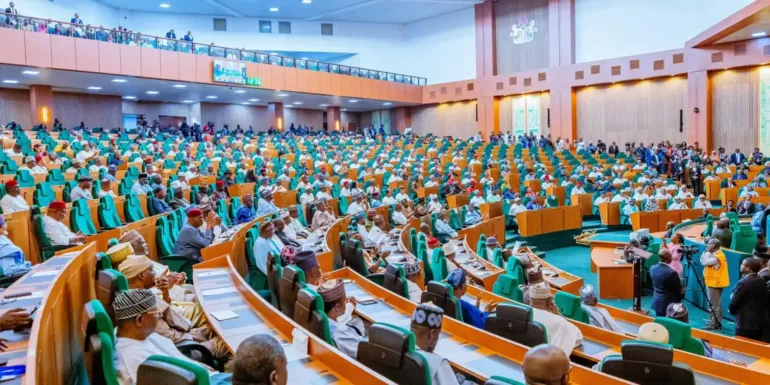A total of 39 constitutional amendment bills successfully passed the second reading in the House of Representatives, addressing a wide range of issues, including judicial reforms, electoral matters, security and policing, inclusive governance, and the legislature.
Among the key proposals, one bill aims to establish state and local government police by altering the 1999 Constitution. Another proposes synchronizing the dates for general elections across all levels of government—presidential, gubernatorial, National Assembly, state Houses of Assembly, and local government councils—subject to the Independent National Electoral Commission’s (INEC) consultation with the National Assembly. There is also a proposal to make the Court of Appeal the final court of appeal in election petitions related to governorship and legislative elections.
Additionally, a bill seeks to empower the Chief Justice of Nigeria to proclaim the inauguration of the National Assembly, rather than the Clerk of the National Assembly. Another proposal aims to create a Federal Capital Territory (FCT) House of Assembly.
Another notable bill seeks to introduce special legislative seats for physically challenged persons at the federal, state, and local government levels. A proposal would also allow public servants to engage in sectors such as healthcare and education, beyond farming and related fields.
There is also a bill to establish the Political Parties Registration and Regulatory Commission, which would oversee the registration, regulation, and monitoring of political parties. A proposal has been put forward to ensure that appeals arising from election petition tribunals are determined before the swearing-in of elected officials.
Furthermore, a bill would grant INEC the authority to conduct local government area elections, while another proposal requires members of the National Assembly and State Houses of Assembly to officially resign from their political parties before defecting. Finally, a bill aims to establish a National Local Government Electoral Commission to organize and oversee local government elections across the country, including the Federal Capital Territory.
Despite the importance of these proposals, the bills were not debated during the session.


